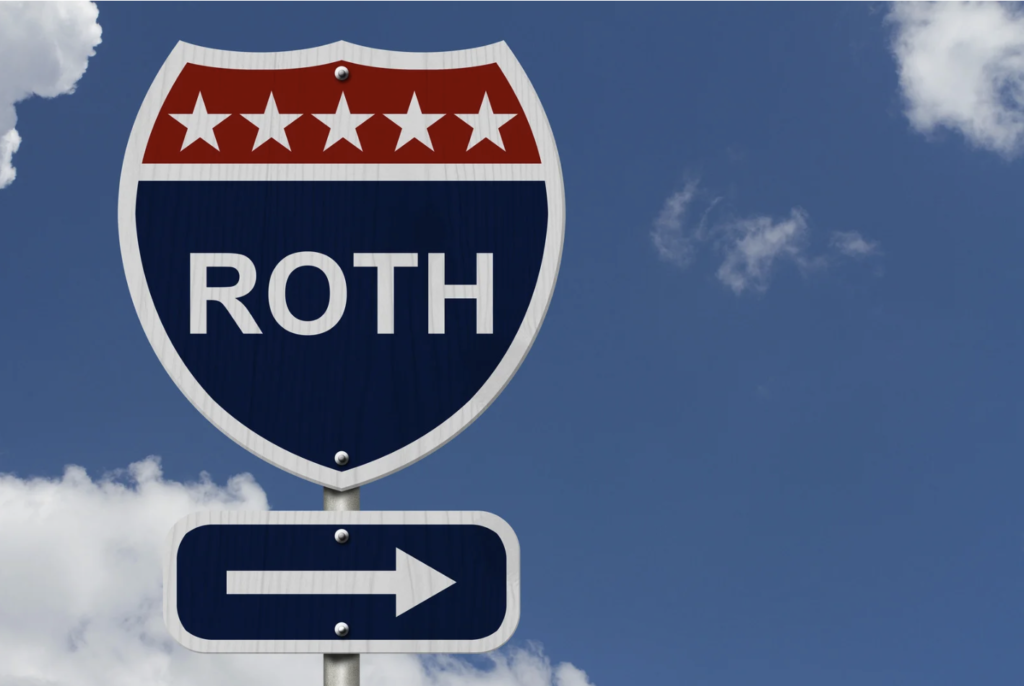I’ll make this quick: Roth Conversions for people entering retirement are often not the best idea, despite what you read in (numerous, unending, relentless) articles in financial media.
Yes, some of you may have outsized buckets of tax-deferred money, which means you did a great job saving in tax-deferred retirement accounts when that was the only thing offered during your early working years.
Yes, these accounts will be subject to Required Minimum Distributions, which, frankly, most of you will need to take out anyway. That money was saved so you can Pay. Your. Bills. In retirement.
And yes, you will need to pay income taxes on this money which could be more than what you saved by deferring from salary, less than what you would have paid if you didn’t defer, or exactly the same.
And, don’t forget, tax brackets will change MANY times during your retirement, so those bills could go up, down, sideways – we don’t know.
CPAs, CFPs, and other alphabet soup professionals will tell you that your large tax-deferred accounts are a problem because:
- You’ll pay taxes. Yes, because you owe them after the decades long tax break you got.
- You’ll be FORCED to take out RMDs – which, unless you have tons of non-retirement accounts or huge pensions, you would need to take out anyway.
- Your heirs will pay taxes to receive the money. True, again, because taxes are owed after a long period of dodging them. Also, many of my clients don’t care about the taxes their kids will pay on inheritance. They are lucky to get anything. Some people do care, though, so maybe Roth conversion is right for them.
With Roth Conversions, you are taking money out of a post-tax account of some kind (savings account, non-IRA brokerage) to pay taxes early on money you would not have paid taxes on until you needed to use it. So, that money – the tax payment money – is not earning what it would have if you had left it invested. There is an opportunity cost.
Many of my clients don’t have a huge amount of non-IRA money sitting around. Remember, you should ONLY convert as much money to Roth as you have non-IRA money to pay for the tax bill.
You should NEVER pay taxes for a Roth conversion with money out of your IRA – that just creates another tax bill that you have to pay from the IRA, creating another tax bill and so on and so on forever more.
Ultimately, in the calculations I’ve done for many clients, Roth conversions do not materially impact what their target retirement spending will be. That’s the ultimate litmus test of whether conversions at retirement make sense.
Of course, if you are that nice parent (I am not) who wants to pre-pay the taxes on your kids’ inheritance, Roth conversion is a great tool. Like every decision in personal finance, there is gray area galore. What’s right for you is not what is right for your friend.
And for goodness’ sake, don’t make big financial decisions based on something you see on TV without talking about your personal situation with an advisor first.



